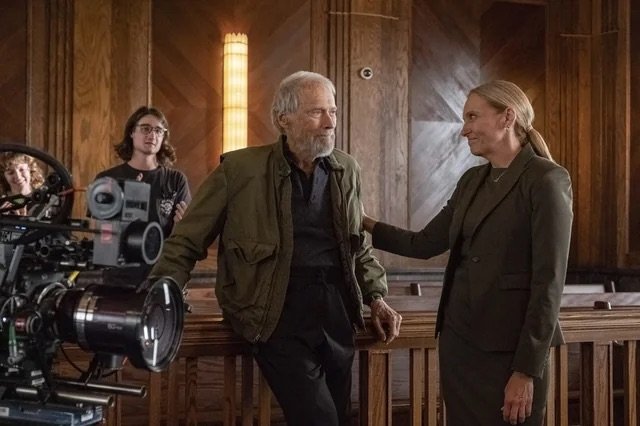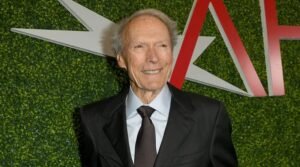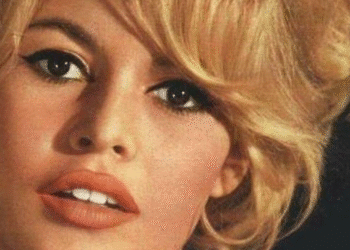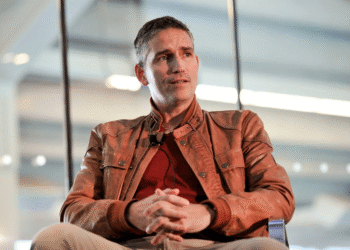At 95, Clint Eastwood isn’t fading away. He’s not retreating to a quiet ranch or riding into a cinematic sunset. He’s still making movies — and still making statements.
His latest film, Juror No. 2, debuted quietly on Max after a limited theatrical release, but like the man himself, it carries more weight than its marketing might suggest. Eastwood, the icon behind Dirty Harry, Unforgiven, and Million Dollar Baby, uses this intimate courtroom drama to once again probe justice, morality, and personal responsibility — themes he’s explored for decades.
But this late-career entry isn’t just about guilt and redemption in the courtroom. It’s a quiet roar from a man who’s spent 70 years staring down systems — both cinematic and political.
Not Just a Cowboy, Not Just a Conservative
Eastwood’s legacy is often boiled down to a squint, a gun, and a gravel-voiced libertarianism. But the truth is far more nuanced.
Yes, he endorsed Donald Trump in 2016 — but later criticized his tone and turned toward Mike Bloomberg in 2020. Yes, he’s a pro-gun icon — but he’s also voiced support for gun control and same-sex marriage. A registered Libertarian, Eastwood has consistently resisted political boxes. His approach seems less about party allegiance and more about individual integrity.
He’s always been hard to peg. That’s what makes him compelling.
Juror No. 2: One Last Statement
Starring Nicholas Hoult, Juror No. 2 centers on a man who realizes he may have committed the very crime he’s now judging. It’s vintage Eastwood — understated, morally murky, and emotionally loaded. No capes. No CGI. Just an old-school story that quietly demands your attention.
Warner Bros.’ decision to pull it early from theaters baffled critics. Despite its minimal rollout, the film outperformed expectations. That’s a testament to Eastwood’s enduring draw — and Hollywood’s increasing disconnect from the kind of character-driven storytelling he champions.
A Career of Quiet Defiance
Eastwood’s defining trait has never been volume — it’s conviction. Whether playing loners who fight corruption or directing tales about moral compromise (Mystic River, Letters from Iwo Jima), Eastwood has always favored action over noise.
His own political contradictions — pro-choice, skeptical of big government, yet fiercely patriotic — mirror the very tensions that define the American character. His films don’t preach; they challenge.
The Last of His Kind?
In an era of billion-dollar blockbusters, Eastwood’s movies remind us that human stories still matter. American Sniper broke records. Sully and The Mule brought in tens of millions. Even now, he draws audiences with stories built on conscience and consequence.
In that sense, Clint Eastwood may be the last real movie star — one whose legacy rests not on franchises, but on moral gravity.
One More Ride
Eastwood isn’t making noise for attention. He’s whispering from the edge of a storm — reminding us to act with purpose, speak with meaning, and stand for something even when no one’s watching.
You don’t have to agree with Clint Eastwood. But in a time of chaos, it’s worth hearing the man out.
He’s earned it.

 English
English




























































